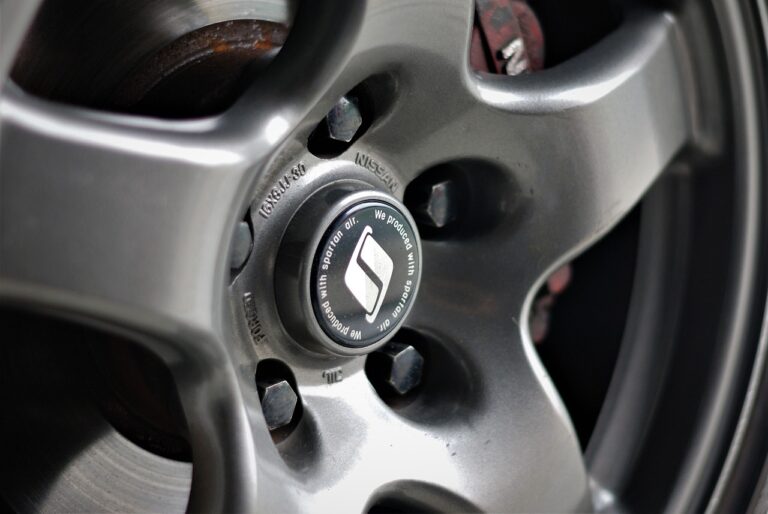AI in Component Quality Assurance
silverexch com, goldenexch create account, betbook247 com login:AI in Component Quality Assurance
In today’s fast-paced and competitive manufacturing industry, ensuring the quality of components is crucial for meeting customer expectations and maintaining a positive brand reputation. With the advancements in technology, Artificial Intelligence (AI) has emerged as a powerful tool for improving the quality assurance process in manufacturing.
AI technology has the ability to revolutionize the way components are inspected and tested for defects. By utilizing machine learning algorithms and computer vision, AI can analyze massive amounts of data and identify even the smallest imperfections that may be missed by human inspectors.
Here are some key ways in which AI is transforming component quality assurance:
1. Automated Inspection Processes
AI-powered systems can automate the inspection process, reducing the need for manual labor and improving efficiency. These systems can inspect components at a much faster rate than human inspectors, leading to increased productivity and faster time to market.
2. Enhanced Accuracy
AI algorithms are trained on large datasets to recognize patterns and anomalies in components. This training enables AI systems to achieve a higher level of accuracy in detecting defects, reducing the likelihood of false positives and false negatives.
3. Predictive Maintenance
By analyzing data from sensors and other sources, AI can predict when components are likely to fail, allowing manufacturers to perform maintenance proactively. This proactive approach can help prevent costly breakdowns and downtime, ultimately saving money and improving overall productivity.
4. Continuous Improvement
AI systems can continuously learn and adapt based on new data, enabling manufacturers to improve their quality assurance processes over time. By analyzing feedback from inspections and incorporating new information, AI can help manufacturers enhance the overall quality of their components.
5. Cost Savings
By automating and improving the quality assurance process, AI can help manufacturers save money in the long run. With fewer defects and reduced downtime, manufacturers can increase their production output and minimize costly rework.
6. Remote Monitoring
AI-powered systems can enable remote monitoring of components, allowing manufacturers to inspect and test components in real-time from anywhere in the world. This capability can help manufacturers streamline their operations and improve overall efficiency.
In conclusion, AI is revolutionizing component quality assurance in the manufacturing industry. By automating inspection processes, enhancing accuracy, enabling predictive maintenance, driving continuous improvement, saving costs, and facilitating remote monitoring, AI is helping manufacturers produce high-quality components more efficiently than ever before.
FAQs
1. Can AI completely replace human inspectors in component quality assurance?
While AI technology is incredibly advanced, it is unlikely to completely replace human inspectors. Human judgment and decision-making are still valuable in certain situations that require intuition and contextual understanding.
2. How can manufacturers implement AI in their quality assurance processes?
Manufacturers can implement AI in their quality assurance processes by investing in AI-powered systems, training their employees to work with AI technology, and continuously monitoring and improving their AI systems.
3. What are some challenges associated with adopting AI in component quality assurance?
Some challenges associated with adopting AI in component quality assurance include the initial cost of implementing AI systems, the need for specialized training for employees, and the potential fear of job loss among human inspectors.
4. Are there any risks involved in using AI for quality assurance?
There are potential risks involved in using AI for quality assurance, such as bias in the AI algorithms, data privacy concerns, and the possibility of AI making incorrect decisions due to unforeseen factors.
5. How can manufacturers ensure the security of their AI-powered quality assurance systems?
Manufacturers can ensure the security of their AI-powered quality assurance systems by implementing robust cybersecurity measures, regularly updating their AI systems, and conducting thorough security audits.
Overall, AI technology holds immense potential for transforming component quality assurance in the manufacturing industry. By leveraging AI-powered systems, manufacturers can improve efficiency, accuracy, and overall quality, ultimately enhancing their competitiveness in the market.







